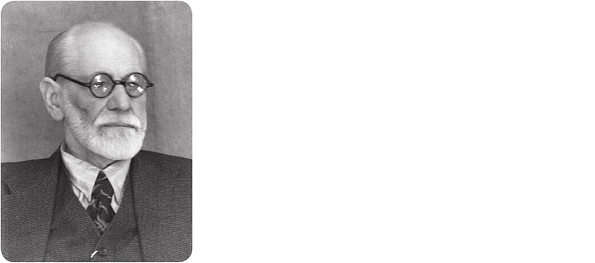FRIDAY, DAY 5
SEXUALITY AND REPRODUCTION
Libido
In the simplest terms, libido is sexual desire. But although the definition is fairly easy to grasp, the inner workings of this drive are less tangible and far more complex.

In psychology, there are a few prevalent theories about what, exactly, libido is. The founder of psychoanalysis, Sigmund Freud (1856–1939), originally coined the term. He believed that a human’s libido was the driving force of existence. He theorized that in each individual there is a struggle between three functions: The ego drives the achievement of libidinous desires in a socially acceptable way, the superego internalizes social behaviors and can cause a person to feel shame or guilt about their sexual urges, and the id is the libido and aggression in its rawest form. Later, the psychologist Carl Jung (1875– 1961) viewed the libido in a more general sense, as psychic energy.
In addition to this pondering, scientists bring up another point: They say that the libido is influenced by the combination of sex hormones, such as testosterone and estrogen, and mental state. Stress, depression, and other emotions can hamper libido, and some prescription drugs, such alcohol and antianxiety pills, can do the same.
ADDITIONAL FACTS
- The antonym of libido is destrudo, which, in Freudian psychology, is the destructive impulse.
- The term obsolagnium describes a waning sexual desire due to age. But many experts argue that the cause isn’t physical; rather, many older adults stop seeing themselves as sexual beings.
- Low libido affects about 15 percent of men and 30 percent of women.